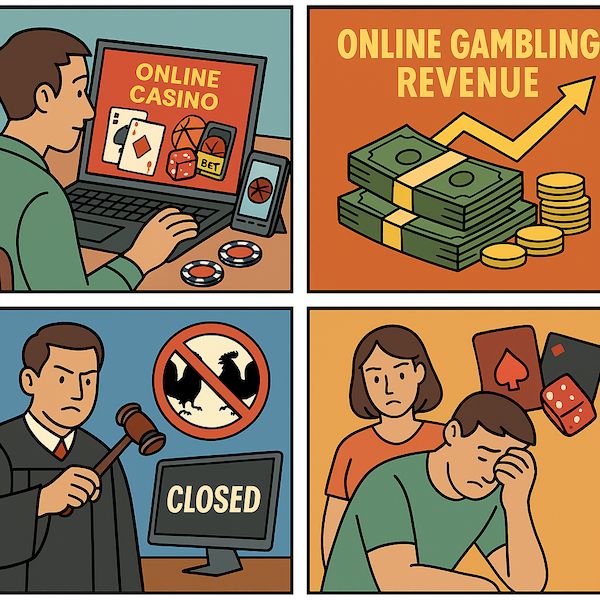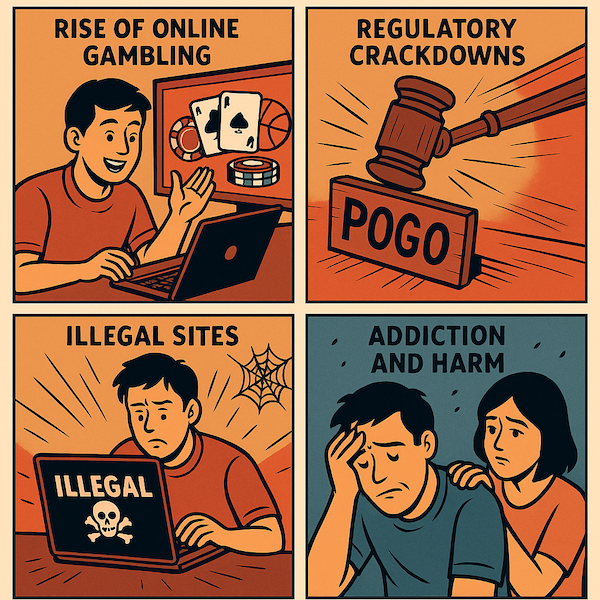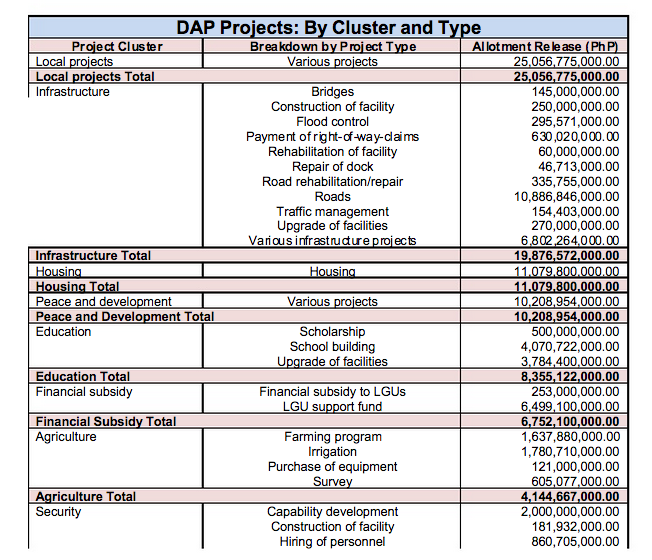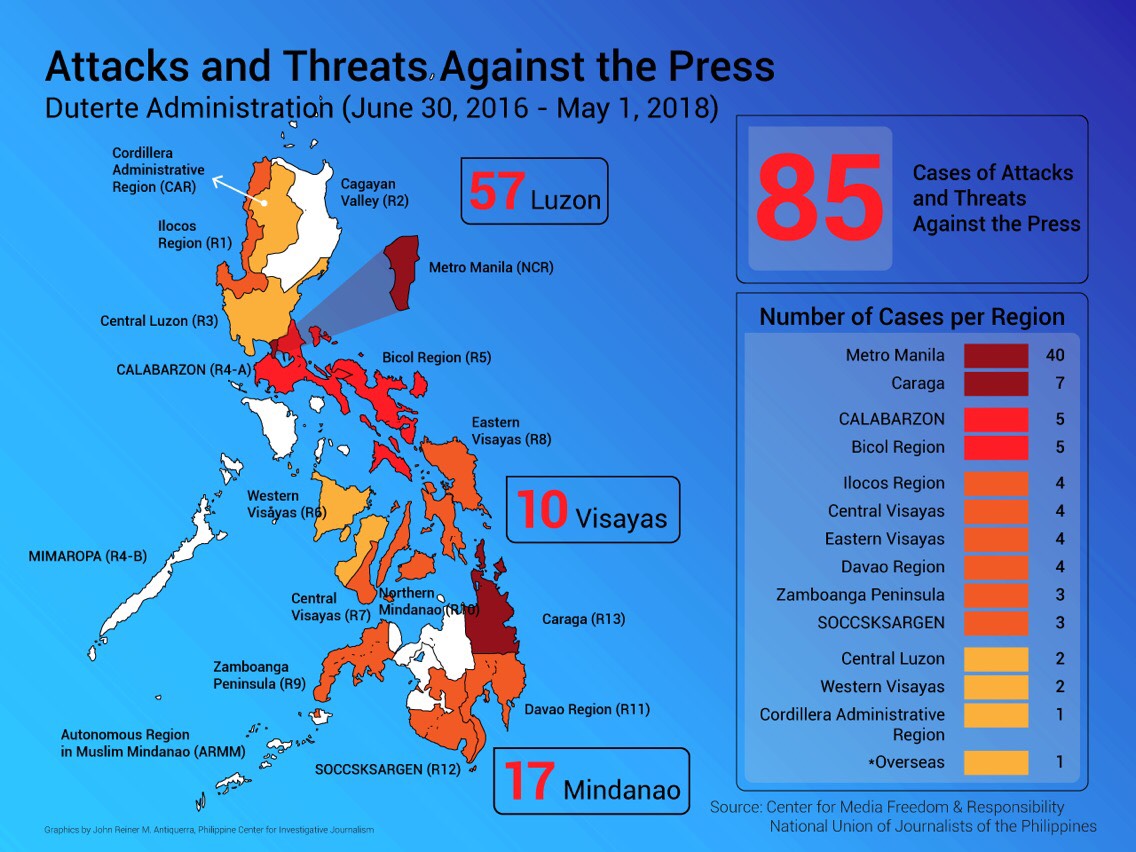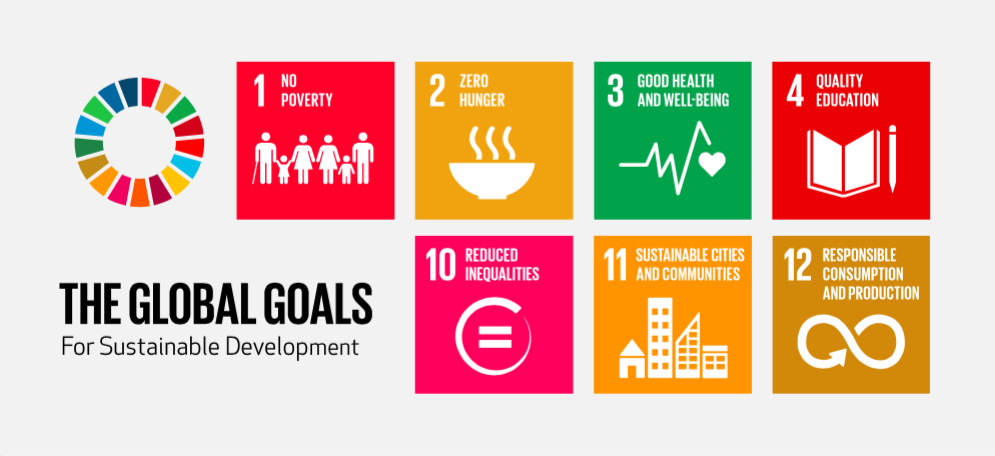The House always wins—But who really loses in online gambling?
If you’re living in the Philippines, you’ve probably seen it firsthand. Maybe it’s a flashy online casino ad popping up on your feed, or someone at work bragging about winning big on an NBA bet. Or maybe you’ve heard the darker stories—of families strained, savings wiped out, or people getting sucked into the whirlwind of online cockfighting.
However it shows up in your life, one thing is clear: online gambling isn’t just around. It’s everywhere. And it’s no longer something people do quietly on the side—it’s a multi-billion-peso industry that’s rapidly reshaping everyday life.
On paper, the numbers look like a win. In 2024, online gaming in the Philippines pulled in over ?154 billion—a 165% jump from the year before, according to PAGCOR. Add in revenue from physical casinos and other forms of betting, and total earnings hit a record-breaking ?410 billion. From a purely financial perspective, it’s a juggernaut.
But behind those big figures is a more complicated story. One that’s less about revenue and more about risk.
The growth didn’t happen by accident. Gambling has never been easier to access. Whether it’s slots, blackjack, sports betting, or live dealer games, all of it is now just a tap away on your phone. A 2022 survey even found that nearly four in ten Filipinos placed a sports bet that year—and most did it online. It’s convenient, seamless—and for some, dangerously addictive.
Let’s rewind a bit. For a while, offshore operators known as POGOs were seen as a good deal for the country. They targeted gamblers in other countries—mainly China—while setting up shop in Metro Manila and surrounding areas. They boosted tax revenues, drove up office space demand, and opened up jobs in tech and admin roles.
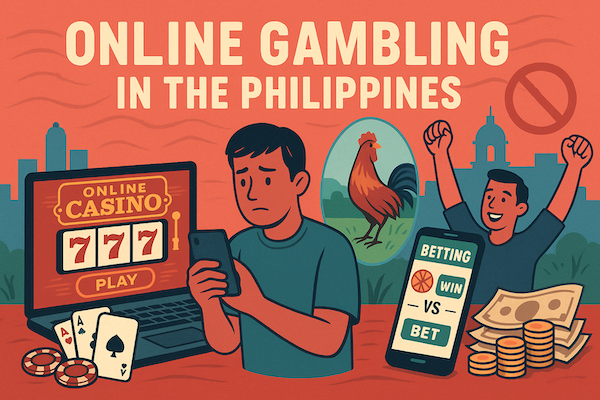
But that narrative didn’t last long.
Soon, headlines started to shift—from economic gains to criminal investigations. Stories about human trafficking, money laundering, and cyber scams linked to POGOs became more common. By mid-2024, the Marcos administration had had enough. The President announced a total ban in July, made official by Executive Order No. 74 in November. Operators were given until the end of the year to pack up.
Not long after, the Senate passed the Anti-POGO Act of 2025 on final reading in June 2025. This means the bill has cleared the Senate but still requires approval from the House of Representatives and the President’s signature to become law. It is not yet fully enacted. The bill aims to institutionalize the ban on POGOs beyond the current administration and repeals the law that legalized offshore gaming (RA 11590). Given the political support behind it, it’s only a matter of time.
Then there’s e-sabong—the online version of cockfighting that exploded during the pandemic. What was once a traditional, local pastime turned into a digital goldmine almost overnight. Millions tuned in. Billions of pesos were wagered. But so were homes, livelihoods, and lives.
As the money flowed, so did the damage. People sank into debt. Relationships broke down. There were reports of theft, abandonment—and even suicide. It was enough for then-President Duterte to ban e-sabong completely in 2022. This year, the House passed a bill to make that ban permanent. The Senate is expected to follow.
Still, the ban hasn’t erased the problem. Far from it. Illegal e-sabong platforms are still operating—and thriving. These sites constantly switch domains, use anonymous payment systems, and keep popping back up under new names. Agencies like the NBI, PNP, and DICT are trying to shut them down, but it’s a frustrating game of digital whack-a-mole.
With POGOs on their way out and e-sabong already outlawed, attention is now turning to the last major player still operating legally: PAGCOR-regulated E-Games. This includes online slots, card games, and betting platforms for Filipino users.
For now, these are above board. But that doesn’t mean there’s no pushback.
Senator Sherwin Gatchalian has been vocal about the need for stricter controls. He’s advocating for a higher minimum gambling age, larger required deposits, a ban on using e-wallets like GCash or Maya for gambling, and tighter rules on advertising. His goal isn’t to shut the whole thing down—but to make sure the industry isn’t preying on young or financially vulnerable users.
On the other hand, Senate President Juan Miguel Zubiri is taking a harder stance. He wants to ban all forms of online gambling aimed at Filipinos. His proposal hasn’t moved far yet, but it shows that the appetite for regulation is growing—and not just from within the halls of government.
Illegal operators haven’t slowed down either. Many of these sites look polished and legitimate, even using fake PAGCOR logos. And since everything runs online, the platforms can rebrand, rebuild, and relaunch almost instantly. Some investigators even suspect that a few operations are protected by well-connected backers, making them even harder to shut down.
But here’s what’s truly difficult to ignore: the real-world toll.
Mental health professionals are seeing more cases of gambling-related anxiety, depression, and worse. Families are calling hotlines. People are borrowing money just to place one more bet. And it’s not just high rollers. The victims include students, freelancers, call center workers, delivery riders—everyday folks who got in too deep, too fast.
Organizations like the Catholic Bishops’ Conference of the Philippines, along with community groups and psychologists, have been calling for stronger protections. For them, this isn’t just a matter of regulation or revenue—it’s a public health issue.
Meanwhile, the Department of Finance is looking into stricter taxes and access controls. The Bangko Sentral ng Pilipinas is working on rules to limit how e-wallets can be used for gambling. And there’s growing talk about the responsibility of fintech companies to flag or stop risky financial behavior before it spirals.
So now the question is: where do we go from here?
There’s no denying that online gambling has brought in serious money. It’s helped fund services and modernize parts of the economy. But it’s also brought on a wave of consequences that are harder to measure—and even harder to reverse.
The challenge ahead isn’t just about deciding how much gambling we’re willing to allow. It’s about deciding what kind of future we’re building, and whether we’re protecting the people most at risk.
Because this industry will keep growing—unless we choose to draw the line.

